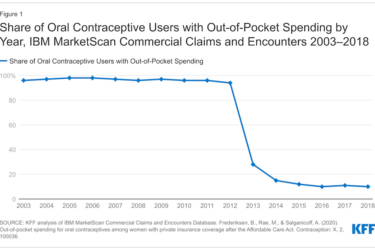Since Oct. 1, most of the coverage of the health insurance marketplaces has properly focused on how well the exchanges are working (or not).
One issue that has not been explored much is how the marketplaces will affect rural Americans. AHCJ will sponsor a webcast on this topic titled, “How will rural Americans tap into the insurance marketplaces?” The webcast will be on Thursday, Oct. 17, at 2 p.m. Eastern.
The panelists will be Al Cross, director of the Institute for Rural Journalism and Community Issues at the University of Kentucky; Alan Morgan, CEO of the National Rural Health Association; and Jim Doyle, who covers the business of health care for the St. Louis Post-Dispatch.
One of the goals of the Affordable Care Act is help make health insurance coverage affordable and accessible for the approximately 60 million Americans who live in rural areas. The federal Department of Health and Human Services has said the health insurance marketplaces will help to lower costs by increasing competition, especially in the 29 mostly rural states where a single insurer currently dominates more than half of the health insurance market, HHS said in a fact sheet.
Whether the ACA does in fact lower costs by increasing competition remains to be seen, but lower costs is a significant goal given that studies show that one in five U.S. farmers faces medical debt and, on average, families pay about half of their health care costs out-of-pocket, HHS said.
Also, nearly one in five uninsured Americans lives in rural areas, and a greater proportion of rural residents lacks health insurance compared with the proportion of urban residents without health care coverage.
Recognizing the importance of getting rural Americans to enroll in the marketplaces, HHS awarded grants totaling $7.8 million in September to help boost enrollment in the marketplaces in rural areas.
Of this total, $2.5 million was awarded to universities, hospitals, and nonprofit and other organizations to educate and enroll uninsured individuals and families in rural areas understand their benefits, eligibility requirements, and options in the exchanges.
Also, HHS announced grants of nearly $5.3 million to expand the health information technology workforce and to improve mental health services for veterans in rural areas. This money went to community colleges and other groups to recruit and train workers and provide health IT apprenticeships and jobs, according to an article by Susan D. Hall in Fierce Health IT.
Of particular interest will be how well enrollment proceeds in states where the ACA faces opposition by elected officials. Last month, Missouri Lt. Gov. Peter Kinder discouraged Missourians from signing up for insurance on the exchange.









